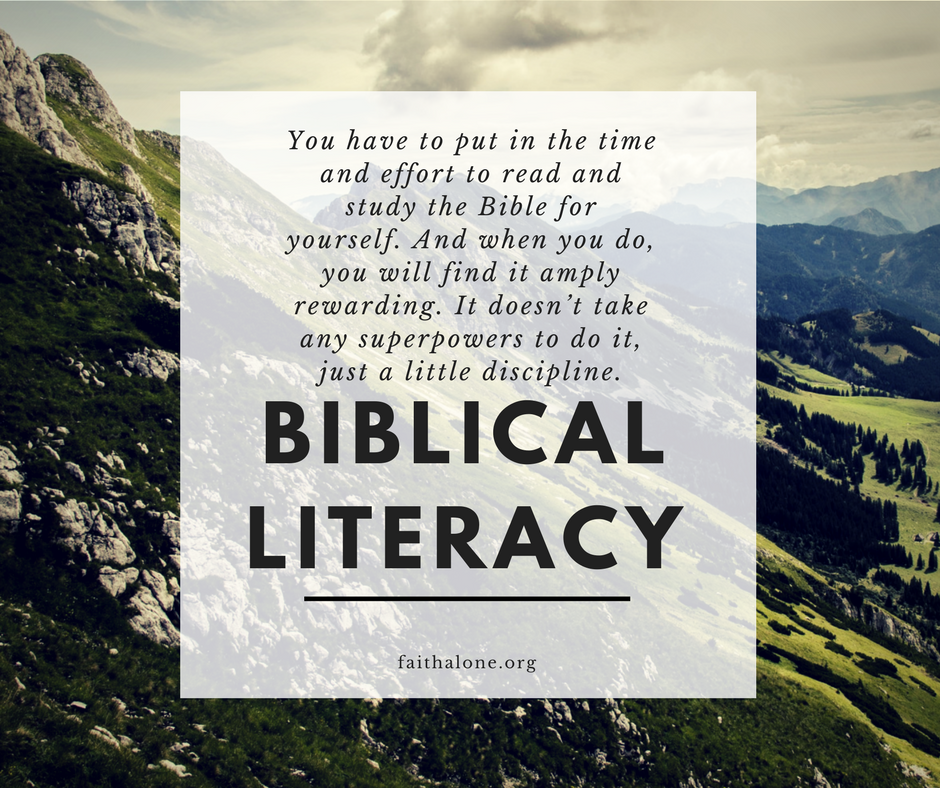by Shawn Lazar
I grew up reading comic books. I collected them. I went to conventions. My best friend Dennis and I would have competitions drawing our favorite heroes—his was Spider-Man, and mine was Iron Man. There was a time when I even aspired to be a professional comic artist. But in my late teens I stopped reading them.
Now, with kids of my own (my son loves the Hulk), and all the new movies coming out, I’ve gone back to reading them.
My point is, you could say that I’m comic book literate.
My wife, on the other hand, not so much.
When I go see the movies, it’s a very familiar world to me. I can enjoy them on a deeper level than my wife can. I know the characters. I know the back stories. And I usually catch the “Easter Eggs.”
An “Easter Egg” is very specific, hyper-detailed, reference to the comics, or to other movies in the same comic “universe,” that directors put in their movies for fans to catch.
It could be a side comment (“I have a colleague who is a pioneer in gamma radiation…”, which my wife would not catch, but I would recognize as a reference to Bruce Banner, i.e., the Hulk). Or maybe it’s something in the background, like in Thor, where there was a poster that had the words “Journey Into Mystery” which my wife may not have even noticed, but which I recognized as the title of the comic where Thor first appeared. Or maybe there’s a song in the background that fanboys will recognize as the theme song from a superhero cartoon from the 60’s.
Being comic book literate makes watching the movies more fun for me. I feel like I’m part of an inner circle, like I’m “in the know.” I get the inside joke.
I find the same applies to the Bible.
The Bible is filled with “Easter Eggs”—little details, allusions, and imagery only the Biblically literate will notice.
I’m teaching through John’s Gospel in Sunday school and there are so many references and allusions to the OT, it’s been a challenge to get the students to learn to see those connections for themselves.
We began by comparing John 1 and Genesis 1, seeing how both John and Moses speak about beginnings, creation, God’s words, light and darkness and life—but they speak about them in subtly different ways.
We noticed that John’s description in John 1:14 sounds an awful lot like an allusion to the Tabernacle—of the Word becoming flesh, who “tabernacled” among us, and whose glory they saw, as compared to the wilderness Tabernacle, made of animal skins, and containing God’s glory.
Seeing the Tabernacle reference in v 14 made better sense of why v 17 suddenly compares Jesus with Moses. You might think John is abruptly changing subjects, but once you’re thinking about the old Tabernacle—which contained the Ark, which contained the Law, and where animal sacrifices prefigured the cross in types and shadows—it makes perfect sense for John to continue the contrast, saying that while Moses gave the law, Jesus gave grace and truth. The new Tabernacle embodied a better message.
And then, when John’s Gospel goes on to talk about John the Baptist’s testimony, instead of it being another abrupt change, you begin to realize it fits with the rest of chapter 1, both in the contrast with Moses and Jesus, and in the affirmation of the divinity of the Messiah.
You recall that John the Baptist was the son of an Aaronic priest, whose birth was announced in the Temple, while his father was serving there. And while John did spend his life serving God, he chose not to serve as a priest in the Temple. Instead, John served in the wilderness, just as Aaron had. So when John the Baptist twice declares that Jesus is the Lamb of God who takes away the sins of the world (vv 29, 36), it’s as though while he never actually served as a priest, nevertheless John fulfilled his priestly calling by pointing Israel to the Lamb of God, Who would actually accomplish what the Mosaic sacrifices could only point to in a typological way.
And what’s more, John is preparing for the coming of the Lord, or as the original Hebrew says, for YHWH Himself. Could that imply the Messiah was God incarnate? That testimony fits with what the Gospel taught us in vv 1-3, i.e., that the Word was God (v 1), and created everything (v 3). The Messiah was God!
My point is, all those seemingly disjointed pieces of John 1 actually fit together, and you can notice the logic of it all…if you’re Biblically literate.
Put in popular terms, the Bible is full of “Easter Eggs.” And when you’re literate enough to spot them, it allows you to enjoy and to understand the Bible at a far deeper level than if you were just skimming its pages for a good story.
But becoming Biblically literate doesn’t happen automatically, and probably won’t happen simply by attending Church every Sunday. You have to put in the time and effort to read and study the Bible for yourself. And when you do, you will find it amply rewarding. It doesn’t take any superpowers to do it, just a little discipline.





